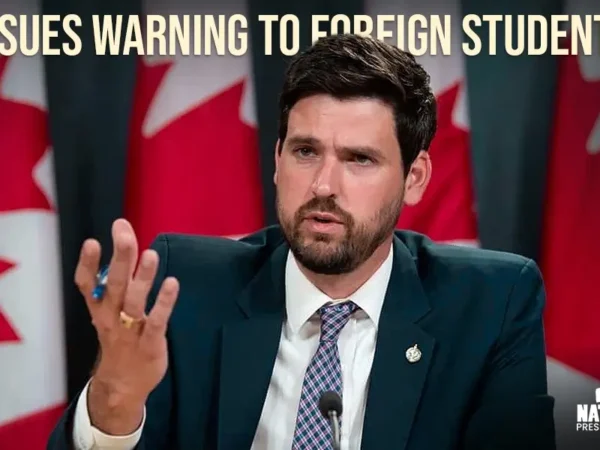There Is No More Money: Argentina Begins Economic Shock Remedy
In the taped footage that was made public on Tuesday night, Caputo repeatedly stated, “There is no more money,” mirroring the remarks made by President Javier Milei in his inaugural speech on Sunday.
Following a massive 54% devaluation of the peso’s official exchange rate and a slashing of spending, which included halving the number of ministries, cutting transfers to provinces, suspending public works, and reducing subsidies, the Wall Street veteran outlined 10 initial measures intended to shock the stagnating economy.
2.9% of GDP will be trimmed overall in spending, according to a senior government official’s later statement. The primary budget deficit for the following year—which does not account for interest payments—is what the new administration hopes to eradicate.
The government’s “bold initial actions” were commended by the International Monetary Fund, and many investors applauded the policies as positive first steps. However, many others remained dubious, believing the actions to be either insufficient or difficult to carry out.
“Are these actions appropriate? Indeed. Do they suffice? It doesn’t appear to be. Would they function? It depends on how people respond, stated Diego Ferro, the New York-based founder of M2M Capital. “Let’s cross our fingers and hope that this works and people accept it in the next two or three months.”
Milei’s challenge is best summed up by Ferro’s response. Argentina has run out of ways to finance itself without indulging in money printing, which has caused yearly inflation to climb to almost 140%; therefore, the libertarian leader needs to act quickly. However, he is unable to simply abandon all of the capital regulations that have been put in place over the years because doing so runs the danger of accelerating inflation.
These controls are still in effect for the time being, and the crawling peg system will be changed to permit a 2% monthly depreciation of the peso. Additionally, to lessen the suffering brought on by the austerity measures, several social services will be strengthened. Cuts to funding transfers to provinces, for example, might potentially have some actions, including reducing funding transfers to provinces, that can even have unintended consequences, according to Bloomberg Economics expert Adriana Dupita.
According to Dupita, “simply cutting federal transfers to provinces doesn’t necessarily solve the fiscal problem.” Still, they constitute an important component of the budget. This plan just shifts the federal deficit to local governments unless the provinces are ready and able to reduce spending. It might also make people wonder what the future holds for provincial bonds.
The founder of Gear Capital Management in New York, Jorge Piedrahita, claims that the steps that have been proposed do not constitute an economic plan. He remarked, “They leave a flavor of improvisation.”
To preserve its diminishing foreign exchange reserves, Argentine authorities have long attempted to halt the peso’s slide on the official market by imposing import and currency restrictions. The second-largest economy in South America is struggling to attract investment and business due to this patchwork of policies that have resulted in at least a dozen distinct exchange rates.
Milei even went so far as to promise during the campaign trail to abolish the currency entirely, swap it out for the US dollar, and close the central bank, but she ultimately shelved these ideas. Rather, he began to place more importance on a fiscal correction program.
Since Milei’s shocking performance during the August primary election put markets into a tailspin, the previous administration had been burning reserves to keep the currency mostly stable at 350 per dollar. That rate in parallel marketplaces is roughly 1,000.
- Published By Team Nation Press News







